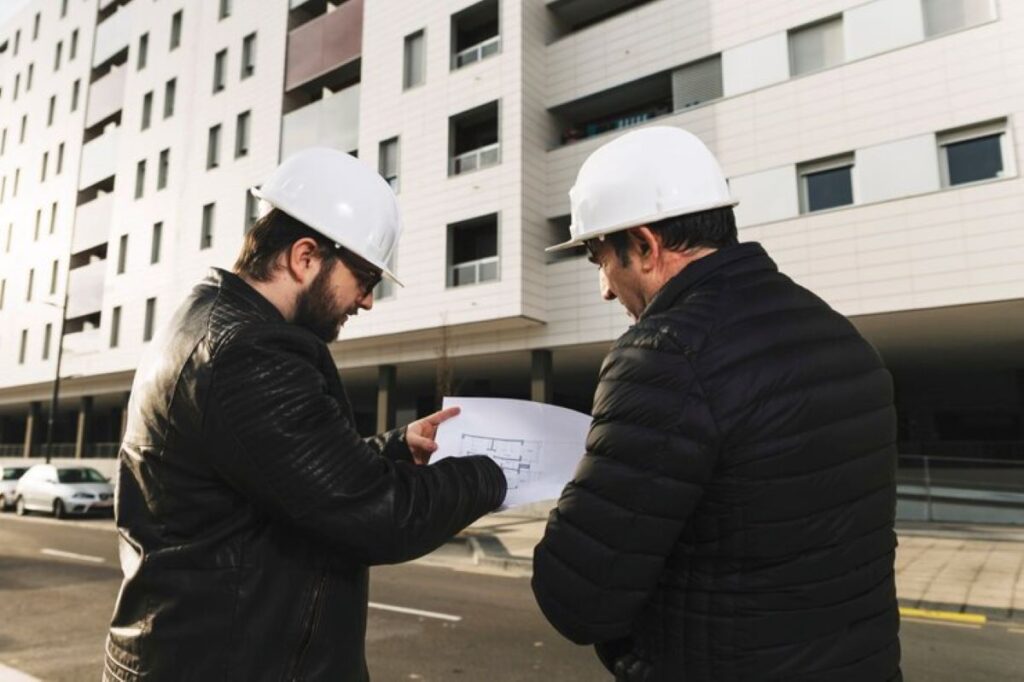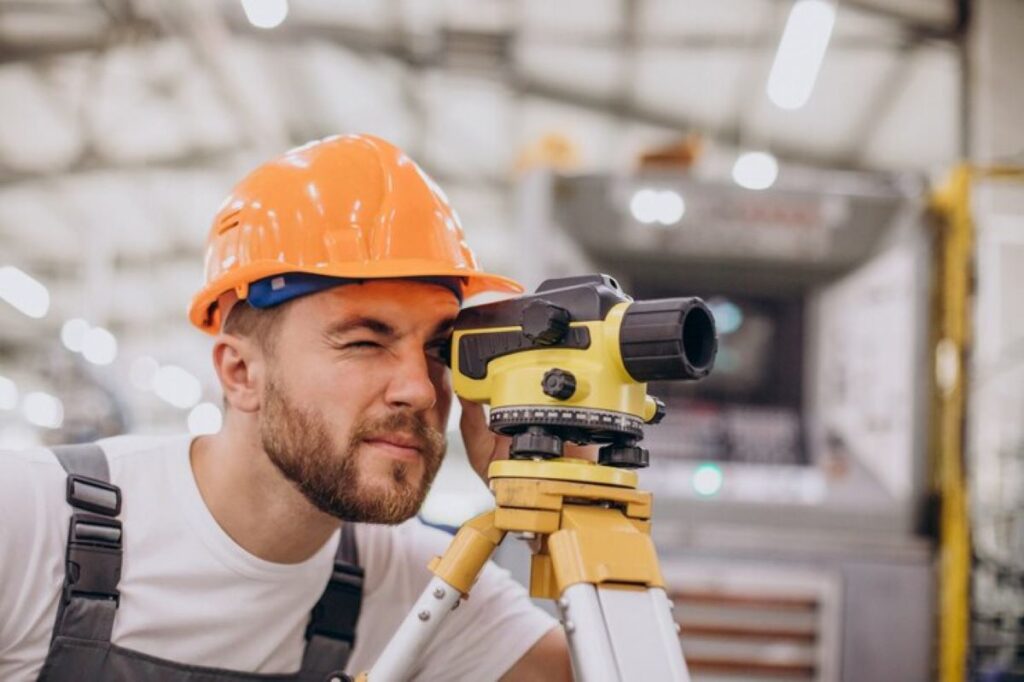Understanding the role of a land surveyor in subdivision
Land surveyors play a crucial role in the subdivision process by accurately defining property boundaries. Their expertise ensures that the development of land meets legal, environmental, and planning regulations. This specialised field requires a detailed understanding of land laws, measuring techniques, and the latest technology.
The importance of land surveyors cannot be overstated; they are the professionals who translate complex legal descriptions into precise measurements on the ground. This accuracy is vital not only for current property owners but also for future owners and developers who rely on this information.
The importance of accurate land surveying
Accurate land surveying is fundamental in achieving a successful subdivision. Any discrepancies in property lines can lead to disputes between neighbours, resulting in costly legal battles. Therefore, having precise measurements from a qualified land surveyor helps mitigate these issues from the outset.
Furthermore, accurate surveys are essential for obtaining the necessary planning permissions. Local government bodies often require detailed surveys to ensure that any proposed development adheres to zoning laws and land use regulations.
Key responsibilities of a land surveyor in subdivision
The responsibilities of a land surveyor extend far beyond simply marking property lines. They conduct thorough site assessments, catalogue existing features, and identify any potential obstacles for subdivision. This involves evaluating topographical aspects, soil quality, and existing utilities.
Additionally, land surveyors prepare detailed reports that inform planners and developers about the viability of a subdivision project. Their analysis can guide decisions about plot layouts and the appropriate design elements that need to be taken into account.
The process of redefining property lines
Redefining property lines is a multifaceted process that requires meticulous planning and execution. Initial assessments play a key role, ensuring that all necessary information about the land is gathered before any surveying work begins.
This stage involves examining existing surveys, property deeds, and local regulations which may affect the proposed subdivision. The aim is to gather comprehensive data that will facilitate a smooth surveying process.
Initial assessment and planning
During the initial assessment, land surveyors conduct field studies to understand the geography of the site. They take into account both natural and man-made features, as these can influence how a property is subdivided. This planning phase is crucial; it sets the groundwork for all subsequent surveying activities.
In collaboration with developers and planners, surveyors can formulate a strategy that meets both the client’s vision and regulatory requirements.

Utilising modern technology in land surveying
Advancements in technology have transformed the land surveying process. Tools such as GPS, drones, and 3D mapping software enable surveyors to gather data more accurately and efficiently than ever before. These technologies help in visualising the land, making it easier to plan subdivisions without the guesswork.
Using such modern methods also speeds up the surveying process, which can be a significant advantage in time-sensitive projects. Additionally, enhanced data accuracy reduces the chances of expensive errors, ultimately saving both time and money for property developers and owners.
Legal considerations in redefining property lines
Redefining property lines involves intricate legal considerations, as property ownership is governed by various regulations that differ by locality. Surveyors must be well-versed in local laws to ensure compliance throughout the subdivision process.
In many cases, surveyors must also prepare legal documents that can be used in court if disputes arise over property boundaries. Good communication with local authorities can aid in navigating any bureaucratic hurdles that may occur during the process.
The impact of land subdivision on property owners
For property owners, the decision to subdivide land can have significant ramifications. While there are many benefits, it’s essential to also consider the potential challenges that may arise during this process.
Understanding these impacts beforehand can equip owners with the knowledge necessary to navigate the complexities of land subdivision effectively.
Benefits of land subdivision for property owners
The benefits of land subdivision can be considerable. Subdividing land can lead to increased property value, as smaller plots may attract different buyers compared to larger parcels. This can provide an opportunity for property owners to make a significant return on their investment.
Moreover, subdividing land can facilitate housing developments that cater to the growing demand for new homes. By creating smaller lots, property owners can contribute to solving housing shortages while also benefiting economically.
Potential challenges and how to overcome them
However, land subdivision is not without its challenges. Property owners may face zoning restrictions or difficulties in obtaining necessary permits. To mitigate these issues, engaging with local planning departments early in the process is recommended. Clear communication can often help resolve potential roadblocks before they become larger problems.
Moreover, hiring an experienced land surveyor can help guide property owners through legal and regulatory requirements, ensuring a smoother subdivision experience.
Hiring a professional land surveyor: Things to consider
Choosing the right land surveyor is a vital step in the subdivision process. It’s important to evaluate your options carefully to ensure the surveyor you choose has the expertise required to meet your needs.
This evaluation process should include a review of the surveyor’s qualifications, experience, and reputation within the community.

Essential qualifications and skills of a professional land surveyor
A professional land surveyor should possess a degree in surveying or a related field, along with relevant certifications and licenses. Additionally, practical experience is invaluable; a surveyor who has worked on similar subdivision projects may provide insights that could prevent potential pitfalls.
Soft skills, such as communication and problem-solving abilities, are equally important. Surveyors often interact with multiple stakeholders, necessitating clear and concise communication of complex information.
Questions to ask when hiring a land surveyor
When hiring a land surveyor, consider asking specific questions to gauge their expertise. Inquire about their experience with subdivision projects, the types of technology they utilise, and how they approach challenging situations.
Furthermore, it’s advantageous to ask for references from previous clients. Satisfied clients will usually offer insight into the surveyor’s reliability and professionalism, giving you peace of mind in your decision-making process.
The future of land surveying and subdivision
The landscape of land surveying is evolving, thanks in part to technological advancements that are streamlining processes and improving accuracy. Professionals in this field must stay abreast of emerging trends to remain competitive and effective.
As urban areas continue to grow, the demand for skilled surveyors who can manage the complexities of subdivision will only increase.
Emerging trends in land surveying
Trends such as the increased use of drone technology for aerial surveys and the incorporation of GIS (Geographic Information Systems) are shaping the future of this field. These technologies not only improve efficiency but also provide richer data that can aid in better planning and compliance checks.
Additionally, there is a growing interest in sustainable land development, pushing surveyors to consider environmental impacts more critically. This paradigm shift encourages approaches that support eco-friendly practices and long-term land stewardship.
How technology is shaping the future of land subdivision
Technology continues to redefine the boundaries of what’s possible in land subdivision. Automated surveying equipment and software applications facilitate faster data collection and analysis, allowing for more informed land use decisions.
As the industry progresses, those in the field must adapt to stay ahead. Continuous education and training in new technologies will become integral to the success of land surveyors, ensuring their relevance in an ever-changing landscape.
Related : Easement Plan: Ensuring Legal and Practical Access to Your Property

